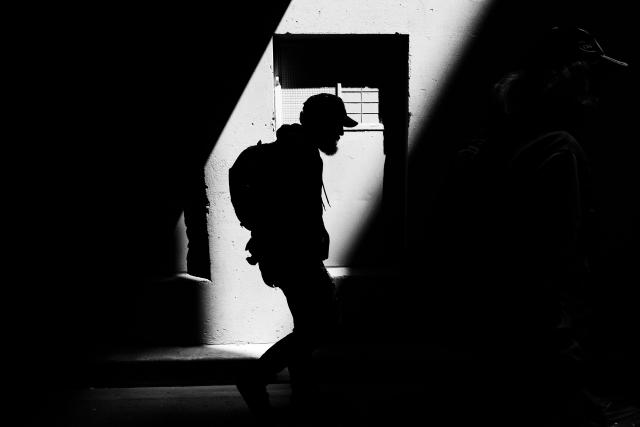Zoe Moffatt
Kids Helpline has released a significant impact report revealing a 72 per cent increase in contacts for suicide-related issues for outer regional or remote young people from 2019 to 2023, while their counterparts in major cities recorded a 10 per cent increase.
Speaking to these statistics, which were released on Monday, March 11, a local mental health expert said the spike is ‘disturbing’ but ‘no surprise’.
The chief executive from charity Youth Live4Life Bernard Galbally, who is also a Woodend local, said while regional areas can be fantastic to grow up in, certain factors from the regions can impact residents’ mental health.
“What Kids HelpLine has shown doesn’t surprise me at all… [but] it is very disturbing figures. We have been seeing these figures or similar data coming through,” Mr Galbally said.
“Unfortunately, we find in rural communities, eight out of 10 most disadvantaged areas in Victoria, are rural and regional.
“Living in a rural community can be fantastic…. but there are unfortunately some other things that can impact someone’s mental health.
“The sense of isolation, lack of connection, poorer access to services… we’re seeing the cost of living increase… we’ve got a climate crisis. I think the world our young people are growing up in is much more complex.”
Mr Galbally said all of these challenges can be exacerbated by the other- for example if you need to attend an appointment in Melbourne, a tight household budget and stretch on petrol can impact how often you use this service.
“The other thing I would say, that post-COVID has exacerbated, is being able to have good continuity of care,” he said.
“Unfortunately, workforce shortages and trying to recruit people into a rural community is challenging at the best of times and often people have short term contracts like 12 months.”
According to Kids Helpline, the top five concerns why rural and remote young people contacted them was suicide-related concerns (26.3 per cent), mental health concerns (25 per cent) and emotional wellbeing (23.1 per cent).
The head of Kids Helpline Tony FitzGerald said one of the drivers behind this increase in suicide-related contacts is probably due to the access young people have to services in those areas.
“In some instances Kids Helpline is the only place the young person feels like they can [get] ready access to for that support,” he said.
“But I think [it] is a positive that… there has been an increase in the numbers as well. What that tells us is that young people are more prepared to reach out for help when they need it.”
Mr FitzGerald said first and foremost, it’s important to continue to encourage young people in outer regional or remote areas to reach out to services like Kids Helpline.
“What we need to continue to support these young people is additional funding so we can employ more counsellors to answer these contacts.
“When you look at the nature of our service, we’re very scalable… there’s no need for governments to spend lots of money establishing very expensive on the ground services.
“Kids Helpline is there 24 hours a day, seven days a week.”
Kids Helpline is also tackling connectivity issues faced by rural communities through updating its self-help and support app, Niggle.
Kids Helpline: 1800 55 1800 or www.kidshelpline.com.au. Lifeline: 13 11 14.







